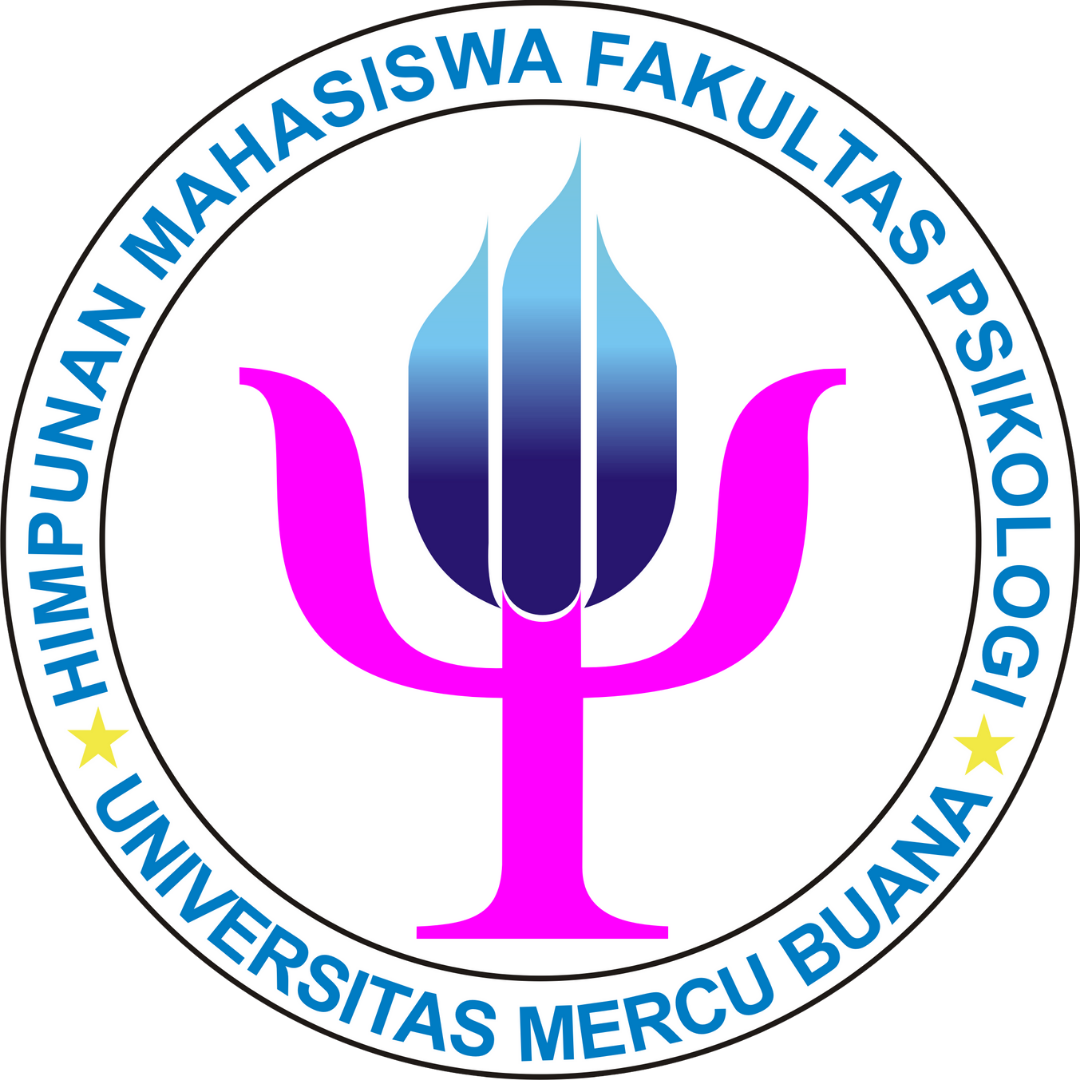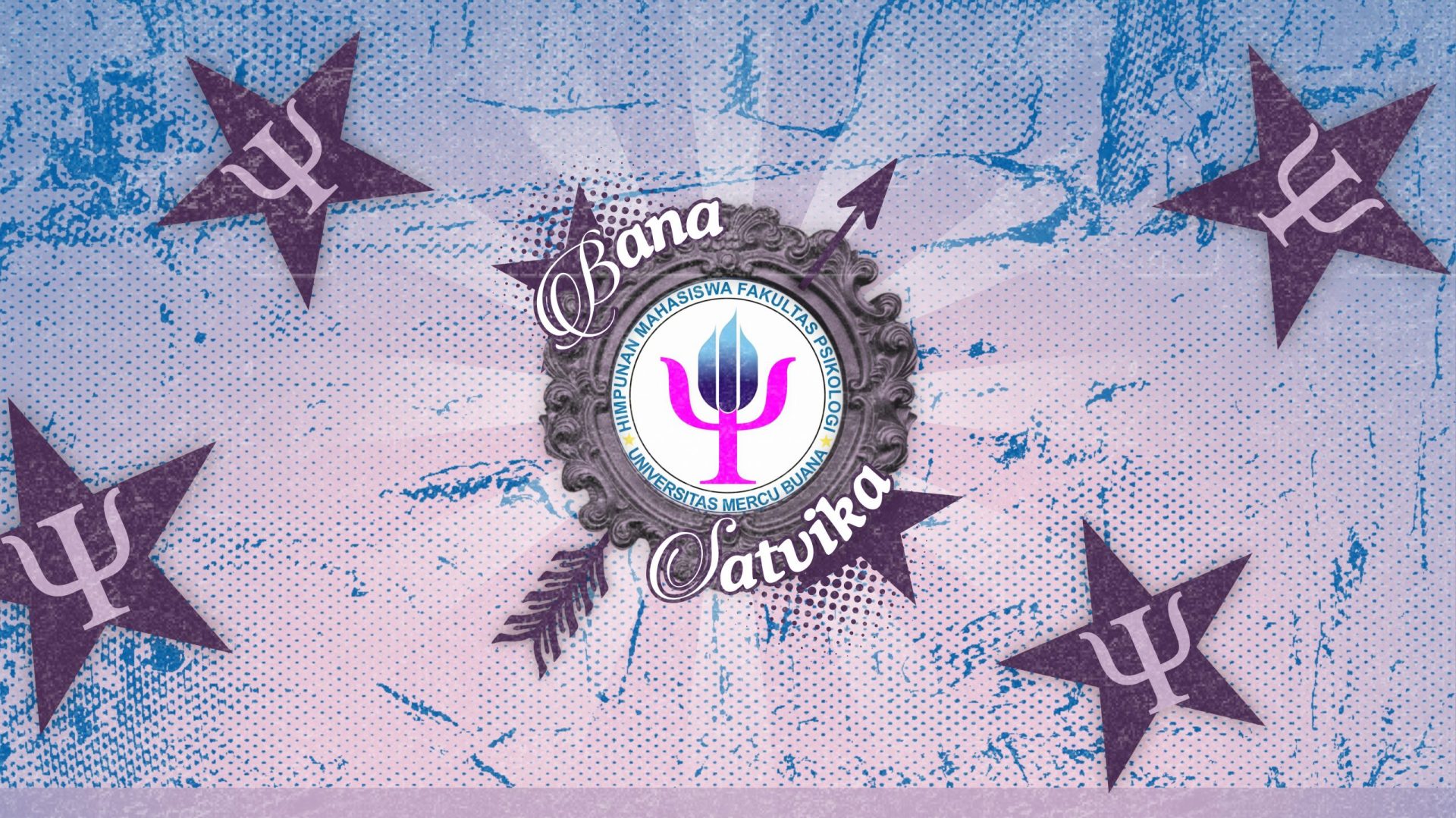Miranda Yasmine Prianto, Putri Andini, Anggrina Aufa Ainahaq
Faculty of Psychology, Mercu Buana University
ABSTRACT
Trauma resulting from sexual violence often leaves deep scars, not only psychologically but also physiologically. One of the physiological aspects that is affected is the immunological system, which is influenced by the hormone cortisol. This hormone is known as the “stress hormone” and has an important role in the body’s response to stress. This study aims to evaluate the effect of the hormone cortisol on the immunological system in individuals who have experienced trauma due to sexual violence. Through a biopsychological approach, we examine changes in cortisol levels and post- traumatic immunological responses. The methods used include literature analysis and case studies. The results of the study showed that there was an increase in cortisol levels which had an impact on decreasing immunological function. These findings provide insight into the importance of stress management and psychological interventions to minimize the negative impact on the immunological system of victims of sexual violence.
Keywords: sexual violence, post-traumatic, immunological, biopsychological, cortisol hormone, stress.
INTRODUCTION
Sexual violence is a traumatic event that often leaves psychological and physical impressions on the victim. In the long term, this trauma has effects not only on mental and emotional health, but also on physical health, such as the immune system. In recent decades, research has shown that psychological trauma, including trauma caused by sexual violence, can change the endocrine system, or the network of glands that produces and releases hormones. Ultimately, this impacts the immune system. The hormone cortisol, which is often referred to as the stress hormone, plays an important role in the body’s response to stress, indicating a complex relationship between stress and immunity.
Komnas Perempuan reports that an average of 35 women become women victims of sexual violence in Indonesia every day. Nearly 70% of cases of violence against women, both fatal and non-fatal, are committed by partners or family members. This article was created to study how the hormone cortisol affects the human immune system after sexual trauma. We will study how cortisol, as a biochemical mediator of stress, can regulate the body’s immune response and help alter immunological homeostasis. This article will provide insight into how cortisol interacts with the immune system in the recovery and long-term health of sexual assault survivors through a thorough literature review.
Based on the information presented, this article aims to review various studies that have been carried out to understand the biological and psychological mechanisms underlying changes in the immune system post-traumatic humans due to sexual violence.
WHAT IS SEXUAL VIOLENCE?
According to the World Health Organization (WHO), sexual violence is defined as any action carried out with the aim of obtaining sexual activity through coercion, regardless of the relationship status of the perpetrator and the victim (Anwar, 2018). Sexual violence can take the form of verbal or non-verbal behavior that causes pain, failure, or deficiencies in sexual life. Sexual violence can occur between children and children, between adults and children, or between adults and adults. Sexual violence can cause trauma to the victim, which can cause abnormal behavior and anxiety (Rahmansyah et al., 2022).
Like other forms of abuse, child sexual abuse is characterized by complex manipulation and coercion by the perpetrator and unequal, power- based relationships built on exploiting and exploiting vulnerabilities. This includes physical contact or non-contact activities that have a sexual connotation. The first includes intercourse, attempted intercourse, or oral-genital contact with the penis, fingers, or any object, masturbation, and fondling of the genitals or other sensitive areas through clothing or in person. This means forcing a child to participate in adult sexual pleasure (such as sexual abuse and prostitution) or exposure children in adult sexual activities such as pornography, voyeurism, and exhibitionism (Putnam et al., 2013).
THE CONNECTION WITH HORMONE CORTISOL
The cortisol hormone is a hormone related to the body’s response to stress and is produced by the adrenal glands. The hormone cortisol is released by the adrenal glands when a person is dealing with stress or what is often
referred to as a stress indicator. However, if hormone levels are too high in response to stress it can be dangerous for a person (Fithriany et al., 2020).
Exposure to cortisol which prolonged and chronic inflammatory responses can lead to oxidative stress and DNA damage at a young age. In this case, Atabay & Arman (2019) found that children who experienced sexual abuse had significantly higher oxidative stress index (OSI) values compared to an age/ gender-matched control group.
The impact of childhood abuse on responsiveness human platelet antigen (HPA) phasic and tonic in women with stress-related disorders who have experienced abuse by measuring saliva cortisol and hair cortisol. Decreased regulation of salivary cortisol, measured at 4 different time points during the idiographic trauma (phasic-acute stress) interview, was found in the group that had experienced childhood abuse versus the control group. On the other hand, groups that have experienced harassment in the past children had higher levels of hair cortisol compared with the control group, indicating increased levels of chronic stress in victims who had experienced childhood abuse. To interpret this apparent paradox, it can be considered that childhood abuse destabilizes the regulation of the HPA axis to make it less reactive to acute stressors while delaying its activation, which explains the high levels of cortisol in hair (Lo lacono et al., 2021).
A study by Bublitz and Stroud (in Lo lacono et al., 2021) found that pregnant women with a history of childhood abuse had significantly higher pre pregnancy body mass index (BMI), greater anxiety symptoms, and increased increased salivary cortisol response (an indicator often associated with psychological stress) during pregnancy compared to women without a history of childhood abuse.
Meanwhile, a study from Hulme (in Lo lacono et al., 2021) also shows that changes in cortisol secretion in individuals who suffered abuse in childhood are a factor that contributes to the risk of obesity in adults.
CONCLUSION
Violence sexual at the time children have that impact deep, both psychologically and physiologically, especially related to the cortisol hormone system and the victim’s body response.
Research shows that victims of sexual violence tend to have higher levels of cortisol, which can indicate high levels of chronic stress. In addition, trauma resulting from sexual violence can also affect the victim’s immunological system through changes in the cortisol hormone response, which in the end can cause a decrease in immunological function. Therefore, stress management and psychological interventions are important in helping victims of sexual violence overcome the negative impact on their physical and mental health.
Childhood sexual abuse is not a tragedy stuck in the past. The impact of the trauma continues to haunt the victims and rob them of their sense of security and health. Collective and comprehensive efforts, including stress management and psychological interventions, are needed to help survivors heal hidden wounds and rebuild their lives.
REFERENCE
Putnam, K. T., Harris, W. W., & Putnam, F. W. (2013). Synergistic Childhood Adversities and Complex Adult Psychopathology. Journal of Traumatic Stress, 26, 435-442. DOI: 10.1002/jts.21833.
Atabay, E., & Arman, AR (2019). Oxidative Stress in Children with Sexual Abuse May Be Elevated and Correlate with History of Psychiatric Treatment: A Cross-Sectional Case-Control Study. Psychiatry and Behavioral Sciences 2019;9(3):102-111.
Rahmansyah, RA, Nabillah, N., Nurjanah, AS (2022). Legal Action Against Children as Victims of Sexual Abuse Perpetrated by Herry Wirawan. Indonesian Journal of Social Science, Vol. 3, no. 6, June 2022.
Fithriany., Yuniwati, C., Dewi, S., & Harahap, LKS (2022). The Effect of Psychoeducation on Cortisol Hormone Levels in Target Mothers with Postpartum Depression in the Langsa City Health Service Work Area, 2020. Journal of


